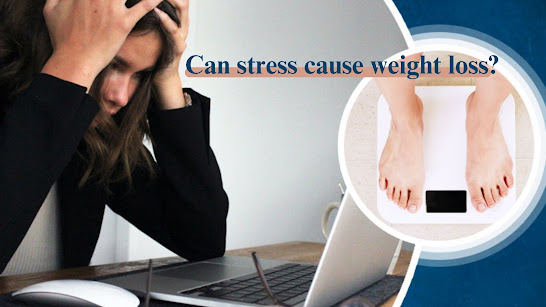Can you have a mild form of depression?
Low-grade depressed symptoms are present in mild depression. Even though many of the same signs of less severe depression, such as irritation, sorrow, and lack of motivation, are still present, they are frequently milder and less noticeable.
People who suffer from
mild, low-grade depression might not even be aware of their condition. In fact,
their persistent melancholy and poor mood may have persisted for so long that
they seem normal.
However, it is not
typical to experience constant misery in life. Everyone occasionally feels down
because of upsetting or unpleasant life situations, but feeling down all the
time doesn't have to be your life's narrative.
Mild
Depression Signs and Symptoms
A sign of persistent
depressive disorder (PDD), formerly known as dysthymia or dysthymic disorder is
chronic low-grade depression.
In the "Diagnostic
and Statistical Manual of Mental
Diseases," dysthymia and chronic major depression were originally
listed separately. However, as of the fifth edition, the disorders have been integrated
because no scientifically significant distinction could be made between them.
· Appetite or weight changes
· Fatigue
· Feelings of hopelessness, worthlessness, or guilt
· Lack of enjoyment or pleasure in things
Causes
of Mild Depression
Similar to major
depressive disorder, persistent depressive disorder is thought to be a
multifactorial illness, which means that it is probably brought on by a mix of
genetic predisposition, metabolic imbalance, stressful life events, and
environmental factors.
Treatment
for Mild Depression
Persistent depressive
disorder responds too many of the same treatments that are used to treat major
depression. Antidepressant medications are generally prescribed, with selective
serotonin reuptake inhibitors (SSRIs) being a popular choice.
In addition, psychotherapy,
also known as talk therapy, can often be quite helpful for people with chronic
low-grade depression. You'll have to work with your mental health care provider
to develop a treatment plan that's most appropriate for you.




Comments
Post a Comment